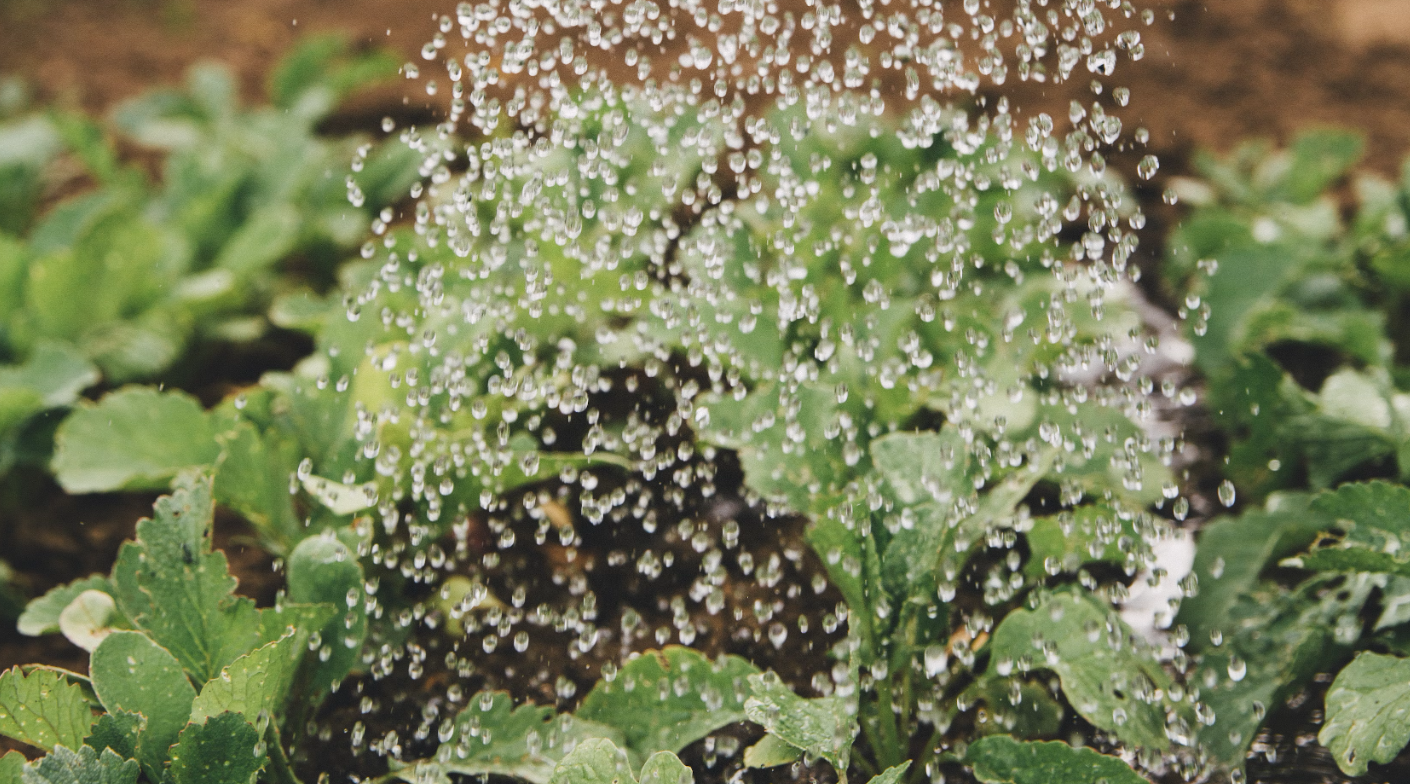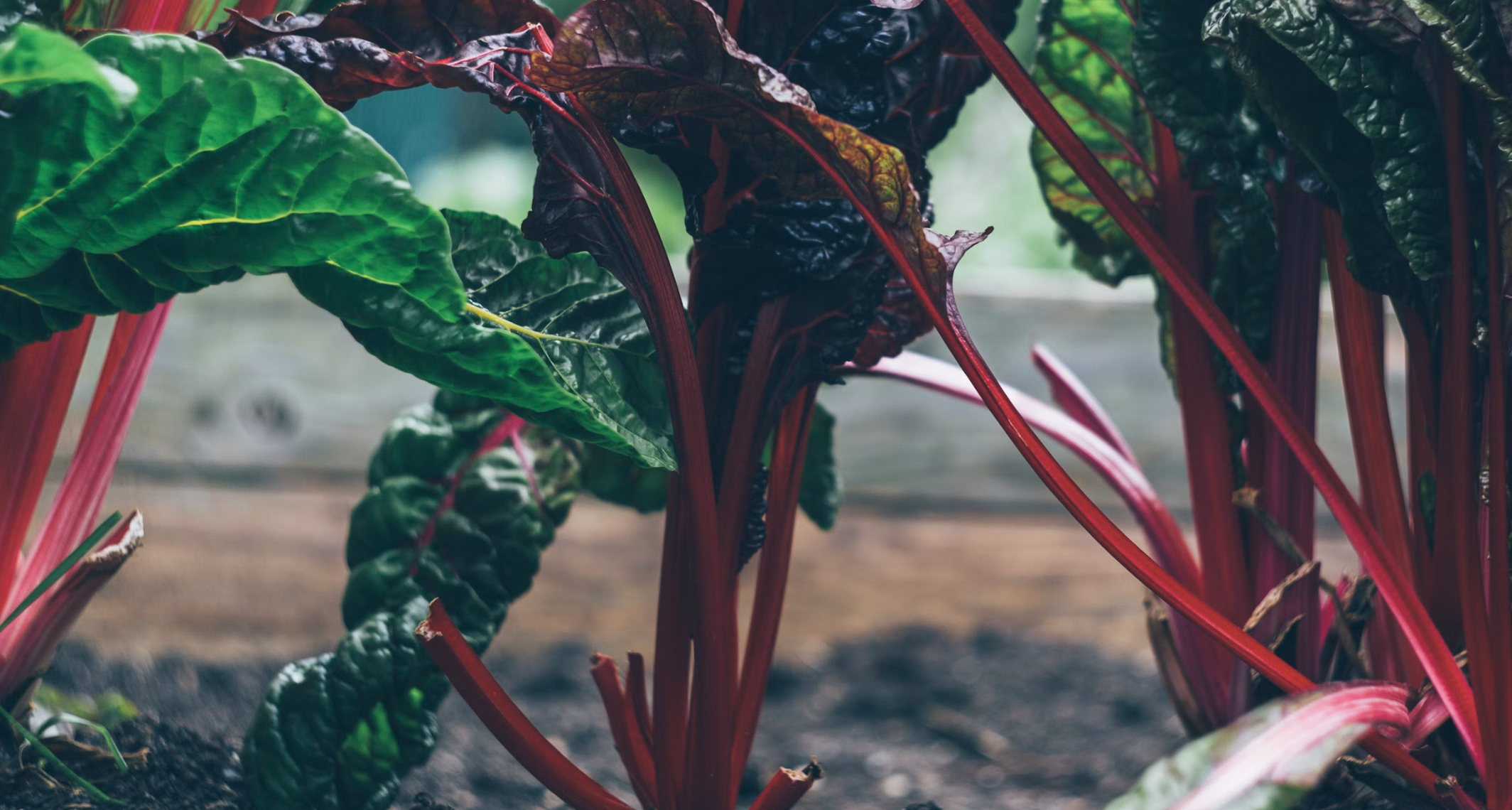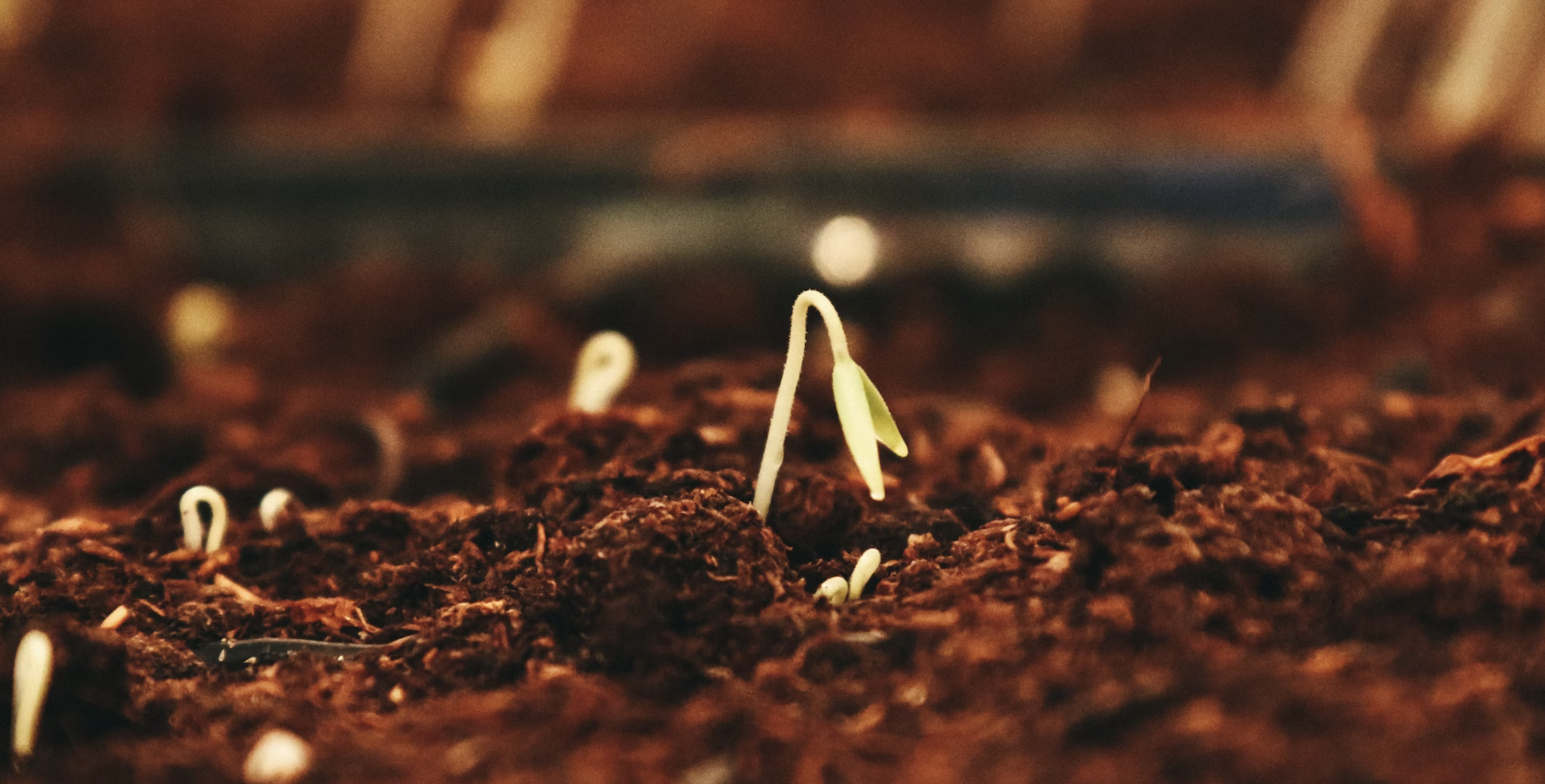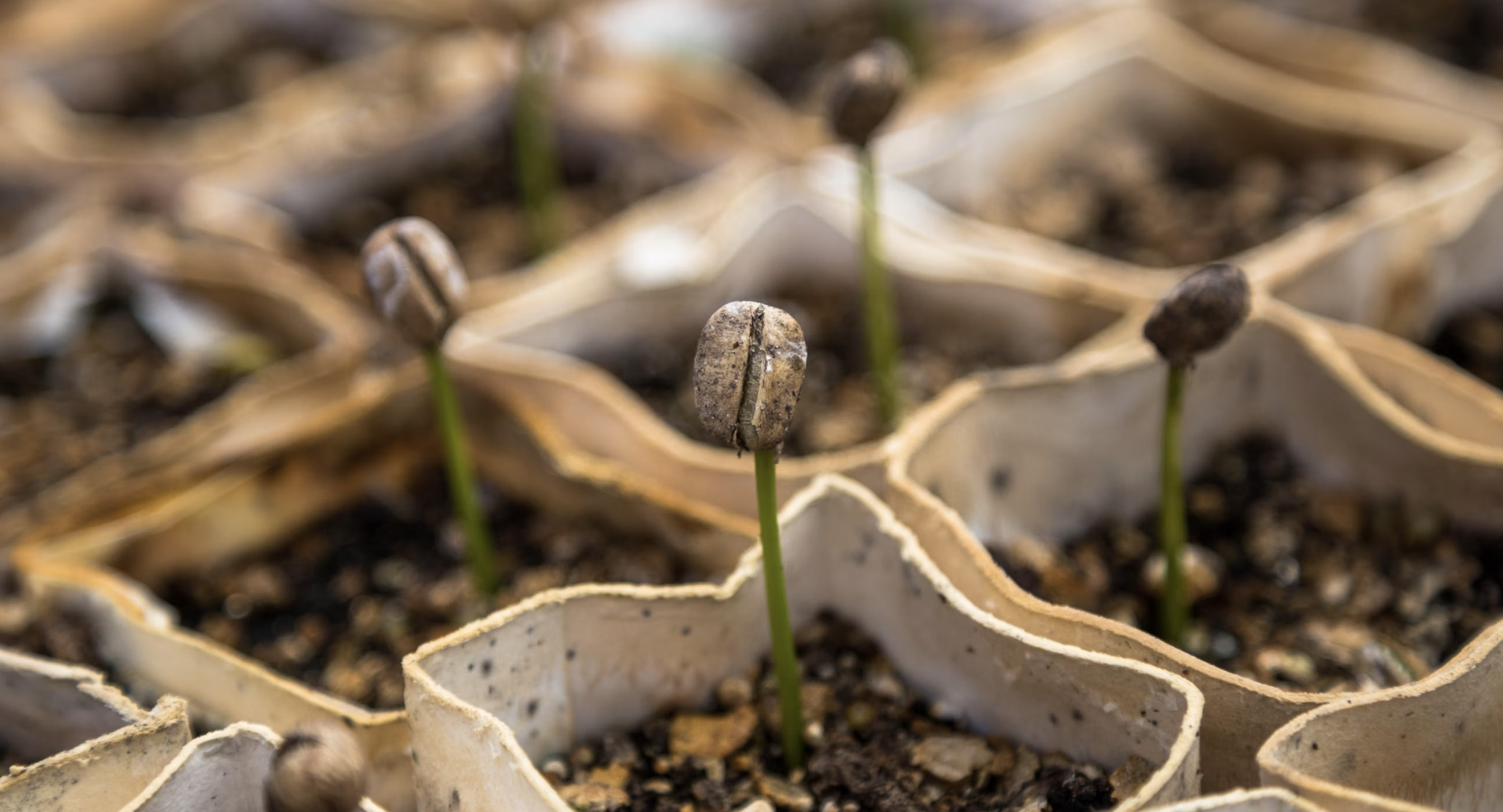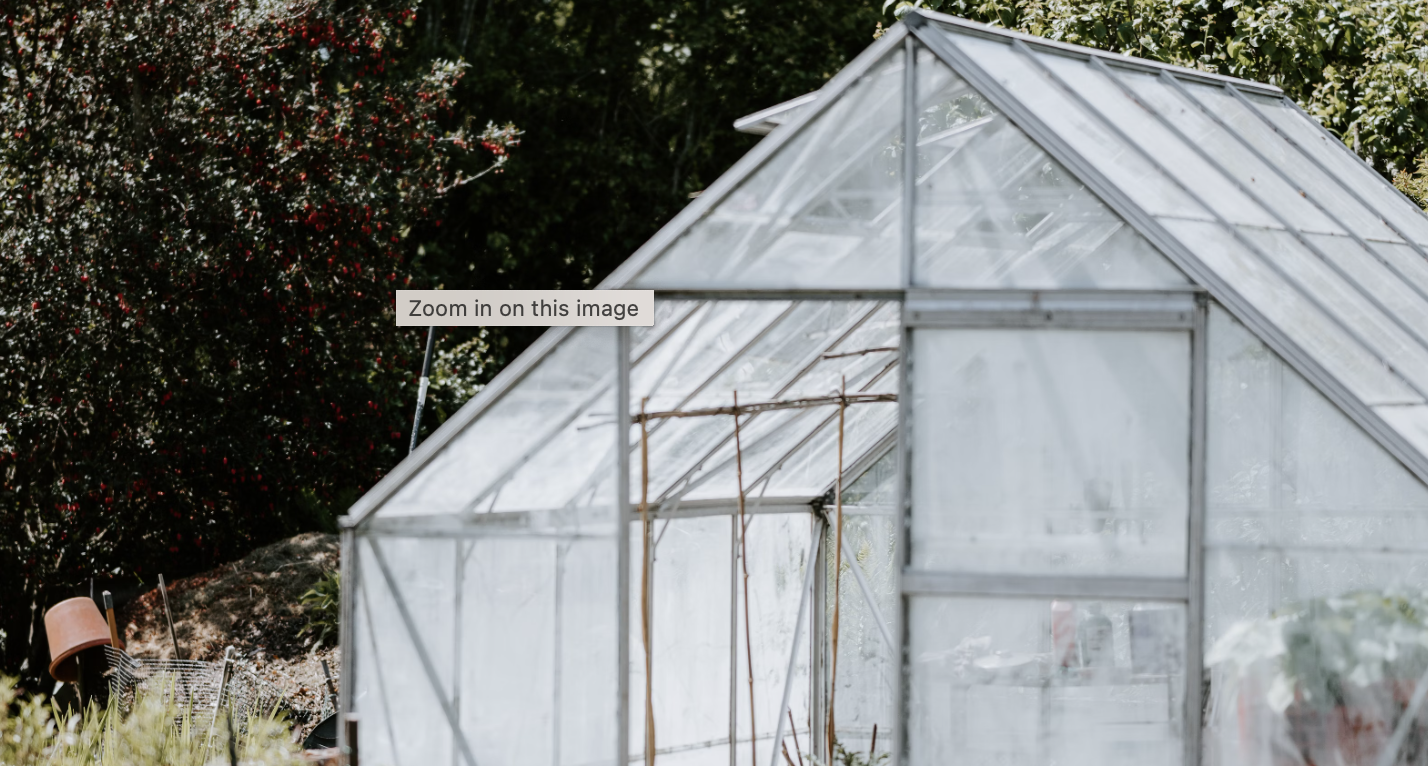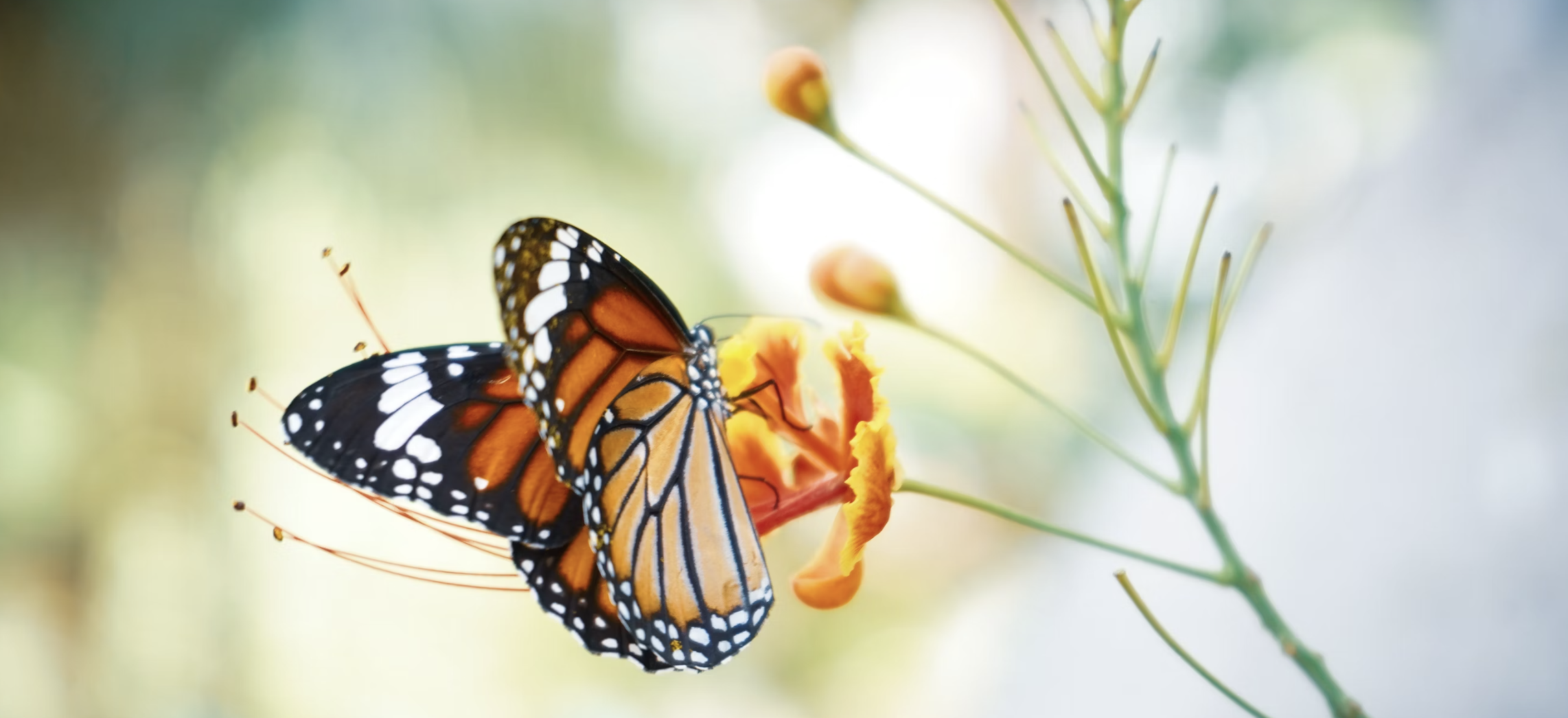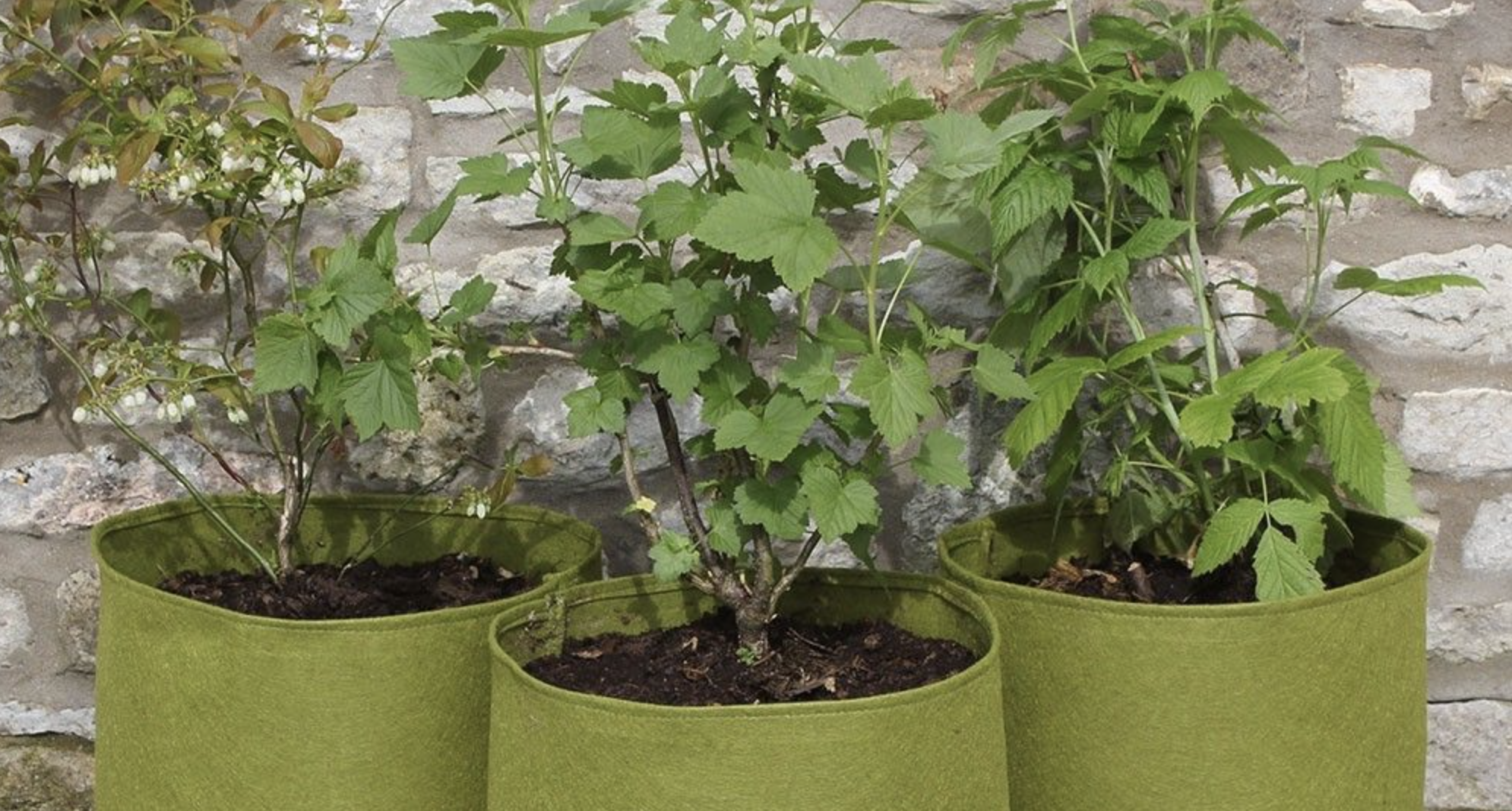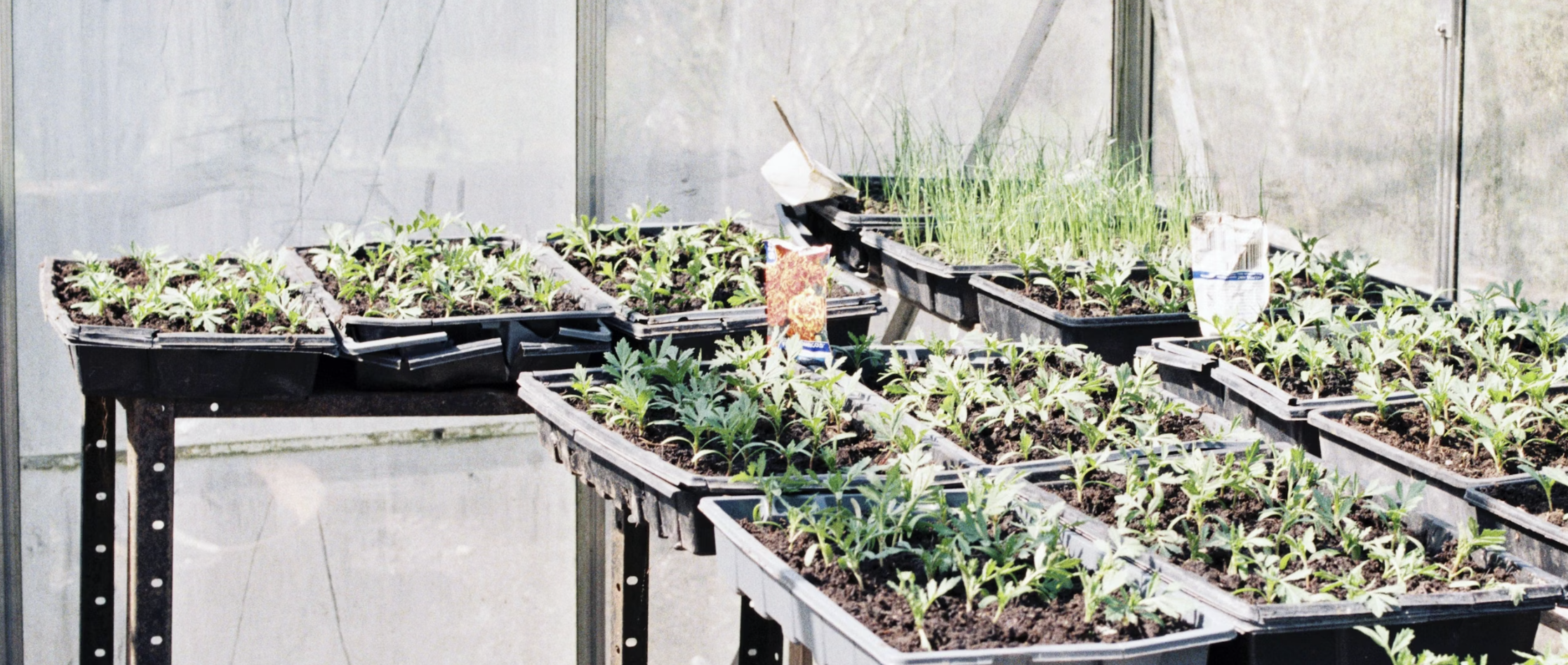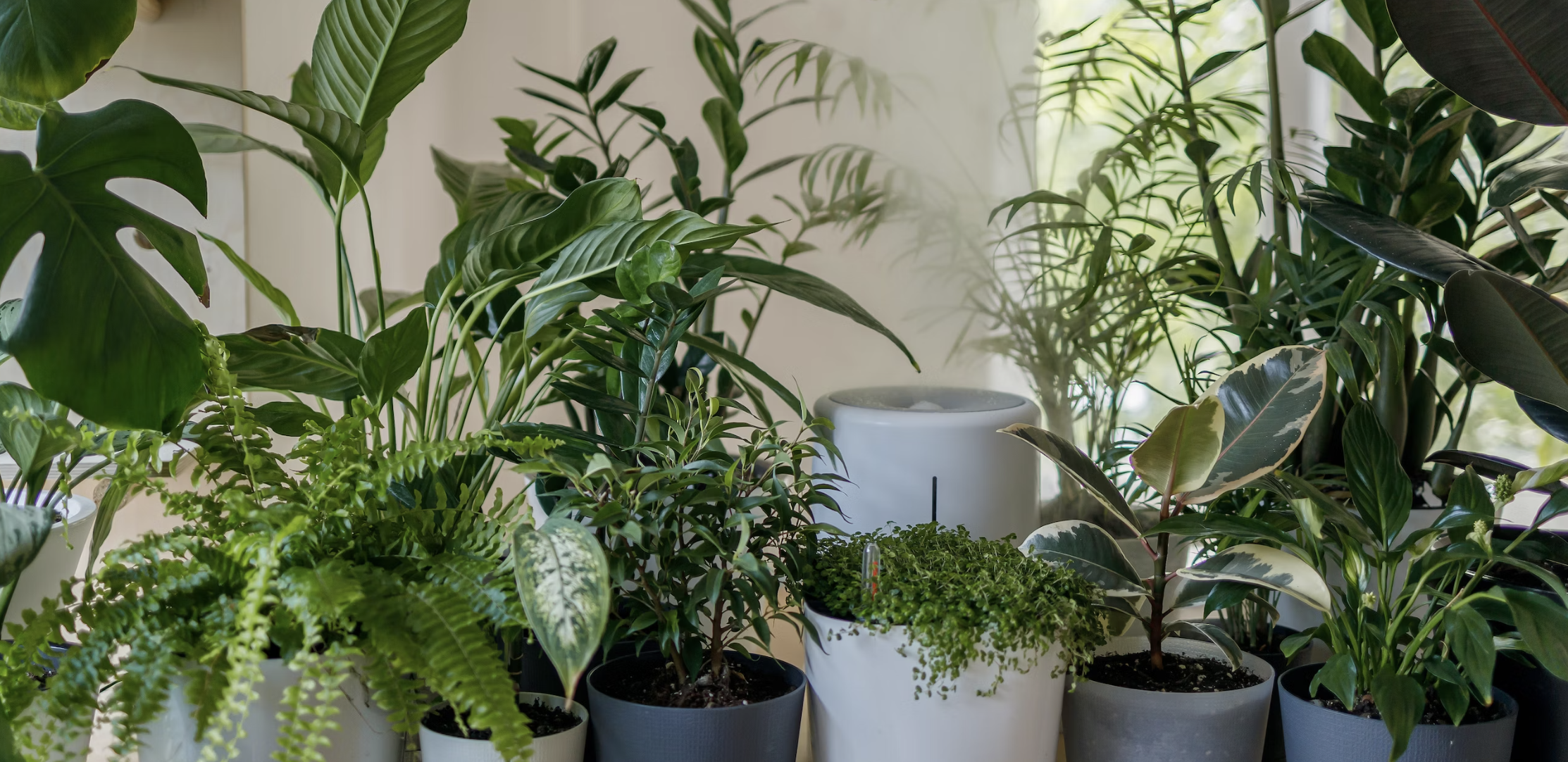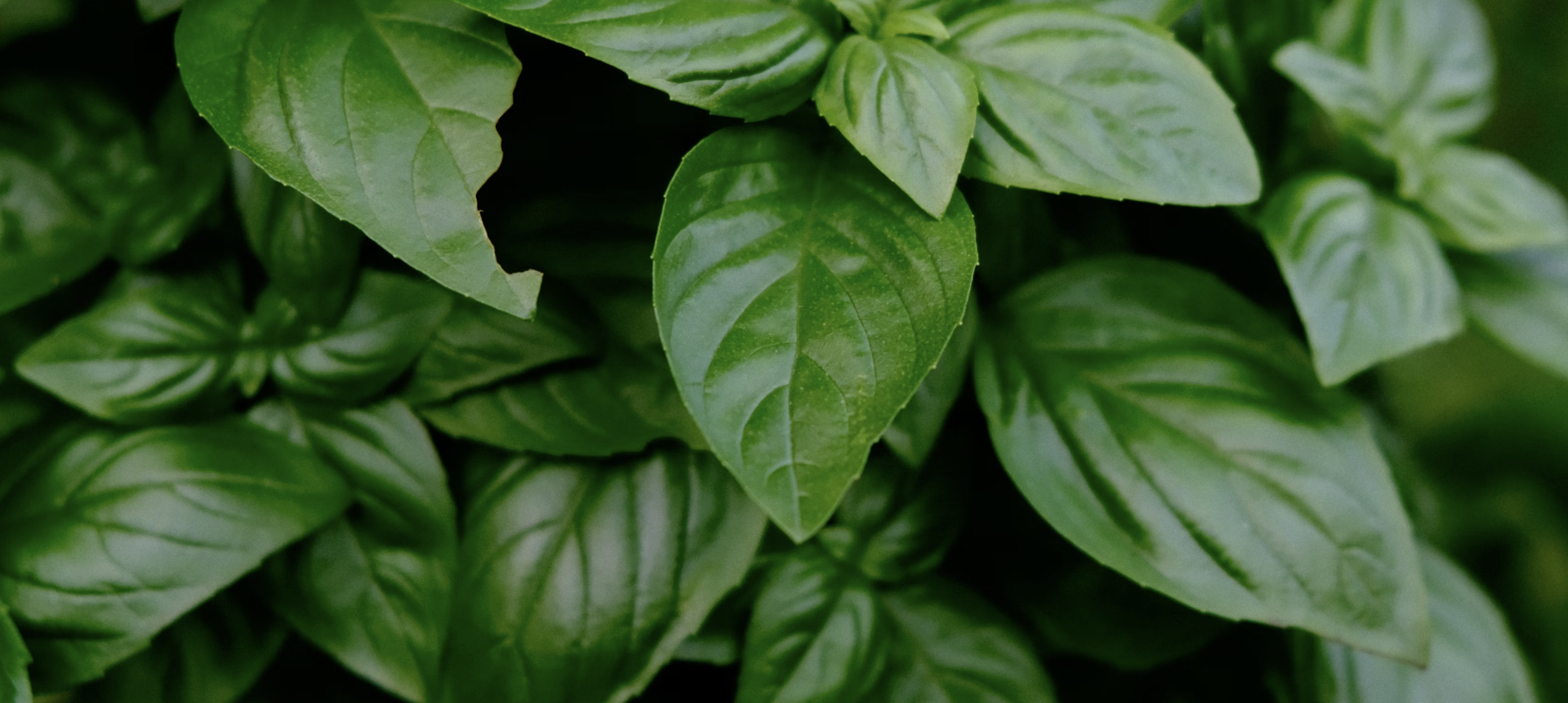
As the seasons change and spring approaches, it's time to turn our attention to planting seeds and embracing the beauty of nature's growth. Whether you have a green thumb or are a beginner gardener, now is the perfect time to reap the rewards of planting seeds.
In this article, we will explore why this moment is ideal for starting your garden and the benefits you can expect. From the therapeutic aspect of nurturing plants to the satisfaction of enjoying your own homegrown produce, there is something truly magical about witnessing the transformation of tiny seeds into lush plants.
Not only will you create a beautiful and inviting outdoor space, but gardening also has numerous health benefits. It can reduce stress, improve mental clarity, and provide a sense of fulfillment. With the world still grappling with the ongoing pandemic, connecting with nature through gardening has become even more essential for our overall well-being.
So, grab your gloves and gardening tools, and discover why now is the opportune time to plant seeds. Unleash your creativity, connect with nature, and create a haven of tranquility in your own backyard.
The Importance of Timing in Planting Seeds
Timing is crucial when it comes to planting seeds. The transition from winter to spring provides the optimal conditions for seed germination and growth. As the weather gradually warms up and the days become longer, seeds have the perfect combination of temperature and sunlight to thrive.
When you plant seeds at the right time, they have ample time to establish their roots and grow into healthy plants before the heat of summer arrives. Planting too early may expose young seedlings to frost or cold temperatures, while planting too late can lead to stunted growth or insufficient time for plants to mature and produce flowers or fruits.
Benefits of Planting Seeds Now
Planting seeds now offers a multitude of benefits. Firstly, gardening is a therapeutic activity that allows you to connect with nature and reduce stress. As you immerse yourself in the process of planting and nurturing seeds, you'll find solace in the beauty of the natural world. The act of tending to plants, watching them grow, and caring for their needs can be incredibly rewarding and calming.
In addition to the mental health benefits, planting seeds also provides a sense of fulfillment and accomplishment. Witnessing the transformation from tiny seeds to flourishing plants is a truly magical experience. As you see the results of your efforts, you'll feel a deep satisfaction knowing that you played a part in creating life and beauty.
Furthermore, planting seeds allows you to enjoy the fruits of your labor. Imagine the joy of harvesting your own homegrown produce, such as fresh herbs, vibrant vegetables, and succulent fruits. Not only do homegrown fruits and vegetables taste better, but they are also healthier and more nutritious. By planting seeds now, you'll be able to savor the flavors of your garden-fresh produce later in the season.
Types of Seeds to Consider Planting
There are countless types of seeds you can plant, depending on your preferences and the space you have available. Vegetables like tomatoes, peppers, lettuce, and carrots are popular choices for beginners and experienced gardeners alike. These crops are relatively easy to grow and provide a bountiful harvest.
If you're interested in adding vibrant colors to your garden, consider planting flower seeds. Annual flowers like marigolds, petunias, and zinnias can add a splash of color to your outdoor space. Perennial flowers such as roses, tulips, and daisies will bloom year after year, providing beauty and fragrance to your garden.
Herbs are also a great option for planting seeds. Whether you want to enhance the flavors of your culinary creations or create a fragrant herb garden, herbs like basil, mint, rosemary, and thyme are easy to grow and maintain.
Choosing the Right Location for Planting Seeds
When it comes to planting seeds, choosing the right location is essential for their success. Most plants require at least six to eight hours of direct sunlight each day. Observe your outdoor space and identify areas that receive adequate sunlight. If you have limited space or live in an urban area, consider container gardening or vertical gardening to maximize sunlight exposure.
In addition to sunlight, soil quality is crucial for seed germination and growth. Ensure that the soil is well-draining to prevent waterlogging, which can lead to root rot. If your soil is heavy clay or sandy, consider amending it with organic matter such as compost or peat moss to improve its texture and fertility.
Preparing the Soil for Planting
Before planting seeds, it's important to prepare the soil properly. Start by removing any weeds or debris from the planting area. Weeds can compete with young seedlings for nutrients and water, hindering their growth. Loosen the soil with a garden fork or tiller to improve aeration and allow the roots to penetrate easily.
If the soil is lacking in nutrients, consider adding organic fertilizers or compost to enrich it. This will provide essential nutrients for the seeds to feed on as they germinate and grow. Work the organic matter into the soil, ensuring it is evenly distributed.
Proper Planting Techniques for Different Types of Seeds
Different types of seeds require different planting techniques to ensure successful germination. Some seeds, such as lettuce or radish, are small and can be sown directly into the soil. Follow the instructions on the seed packet for the appropriate planting depth and spacing.
Other seeds, like tomatoes or peppers, benefit from starting indoors and transplanting them into the garden once the weather has warmed up. Start these seeds in seed trays or containers filled with seed starting mix. Place them in a warm location and provide adequate water and sunlight until they are ready to be transplanted.
Caring for and Nurturing Seedlings
Once the seeds have germinated and the seedlings have emerged, it's important to provide them with proper care and attention. Water the seedlings regularly, keeping the soil evenly moist but not waterlogged. Avoid overwatering, as this can lead to root diseases.
Monitor the seedlings for any signs of pests or diseases. Remove any weeds that may compete with the seedlings for nutrients and water. As the seedlings grow, thin them out if necessary to provide enough space for each plant to develop properly.
Monitoring Growth and Progress
As your seedlings grow into mature plants, continue to monitor their growth and progress. Keep an eye out for any signs of nutrient deficiencies, pest infestations, or diseases. Take appropriate action, such as applying organic fertilizers or using natural pest control methods, to ensure the health and vitality of your plants.
Regularly check the soil moisture levels and adjust the watering schedule accordingly. Different plants have different water requirements, so it's important to understand the needs of each species in your garden.
Harvesting the Rewards and Enjoying the Fruits of Your Labor
Finally, the moment you've been waiting for arrives - it's time to harvest the rewards of your hard work. As your plants mature, they will produce an abundance of fruits, vegetables, or flowers. Harvest them at their peak ripeness for the best flavor and quality.
Take pride in the fact that you have nurtured these plants from tiny seeds to fully grown specimens. Share the bounties of your garden with friends and family, or simply enjoy them yourself. There's nothing quite like the taste of homegrown produce or the beauty of freshly picked flowers.
In conclusion, now is the opportune time to plant seeds and embark on a journey of gardening. As the seasons change and spring arrives, embrace the beauty of nature's growth and reap the rewards of your labor. From the therapeutic benefits to the satisfaction of enjoying your own homegrown produce, there is something truly magical about witnessing the transformation of tiny seeds into lush plants. So, grab your gloves and gardening tools, and create a haven of tranquility in your own backyard. Happy gardening!



